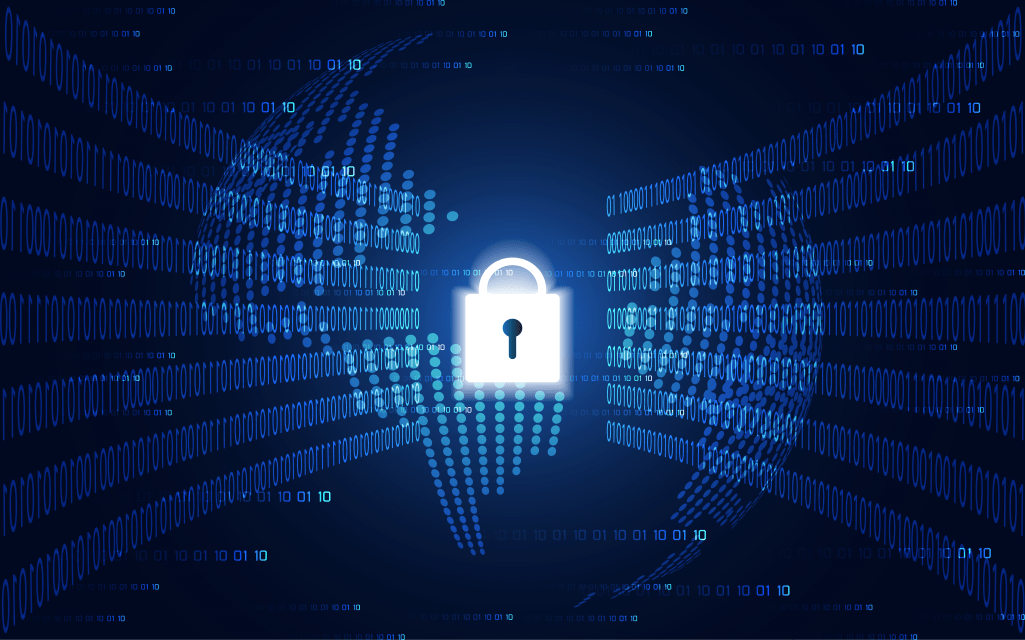Protecting your online data should be a high priority for you because, should it be breached, you would come face to face with a heap of trouble. Being accused of fraud, having your personal finances highjacked, and having your private information leaked are just some of the problems you would stand to face should cybercriminals get their hands on your unique, private data.
Therefore, it’s essential that you take the necessary steps to protect your online data before you have to set about fixing any problems that cybercriminals cause you. To learn how to do just that, make sure to check out the following five pieces of advice.
Shred your files
If you have files packed full of data that you cannot afford for anybody to get their hands on, and there comes the point when you want or have to get rid of them, then you have to set about having them permanently removed from the system and device that you use. To do this, you’re going to have to do a lot more than probably initially thought you would. You have to go further than simply deleting your file or emptying your trash after you’ve placed your file into it, as doing these things will not get rid of your data forever. What you have to do is shred your file by overwriting it with a series of random pieces of binary data. Sound complicated? Fortunately, there are services and software out there that’ll do this for you, such as the Dr. Cleaner Mac cleaner app. By using such technology, you will be able to be sure that your important file will be kept deleted and confidential forever.
Encrypt your data
Modern technology has made the encryption of data something that anybody can do, so you don’t just have to be a professional IT expert to do it these days. By doing it, you make it difficult for third parties to gain access to the messages and mail that you send, the photos that you keep on your device and the websites that you access.
When it comes to encrypting your data, you’d be able to set encryption algorithms on all the files that you deem private enough to warrant protection, meaning you wouldn’t have to worry about your data being breached and accessed, even when your passwords have fallen into the wrong hands.
Install anti-malware protection
Malware is something that can appear on your computer screen in the most innocent and innocuous of forms, making it probably the most dangerous thing you will come across in regards to the breaching of your data. It can appear in the most inconspicuous places, such as in your emails, and it can blend itself so well that it looks, to the untrained eye, to be something that is okay to click on.
However, this is why you must train yourself to be able to spot malware, and why you should install anti-malware software to give you added protection against it.
Always stay updated
Software providers don’t just release updated versions of their products to get more money out of you. They do so because they make improvements to the services that they offer based on all the modern-day problems that computer users face. So, the next time you get a message saying you must update your protective software, don’t click ‘try again tonight,’ and do it there and then. Doing that is the only way to get the very best out of the software that you use, which will then result in you protecting yourself in the best way possible.
In fact, you should go as far as to automate your software updates, because they’ll keep you as protected as you need to be all the time without you having to do anything about it.
Turn off your device when you’re finished with it
You’d be surprised at just how much danger you put yourself in when you leave your computer or phone on and connected to the Internet after you’ve finished with it. What it does is open you up to rouge attacks by cybercriminals at a time when you cannot spot the signs of it happening or then subsequently do anything about it. So, when you’re finished with your computer or laptop, turn it off.
Cybercriminals work hard to get their hands on your online data, which is why you need to work even harder when it comes to protecting yourself against them. When doing so, make sure to remember the five pieces of advice above.



